The Future of Bangladesh Manufacturing
The Future of Bangladesh Manufacturing Md. Joynal Abdin Founder & CEO, Trade & Investment Bangladesh (T&IB) Executive Director, Online Training Academy (OTA) Secretary General, Brazil Bangladesh Chamber of Commerce & Industry (BBCCI) Bangladesh’s manufacturing sector stands at a critical…
Read More



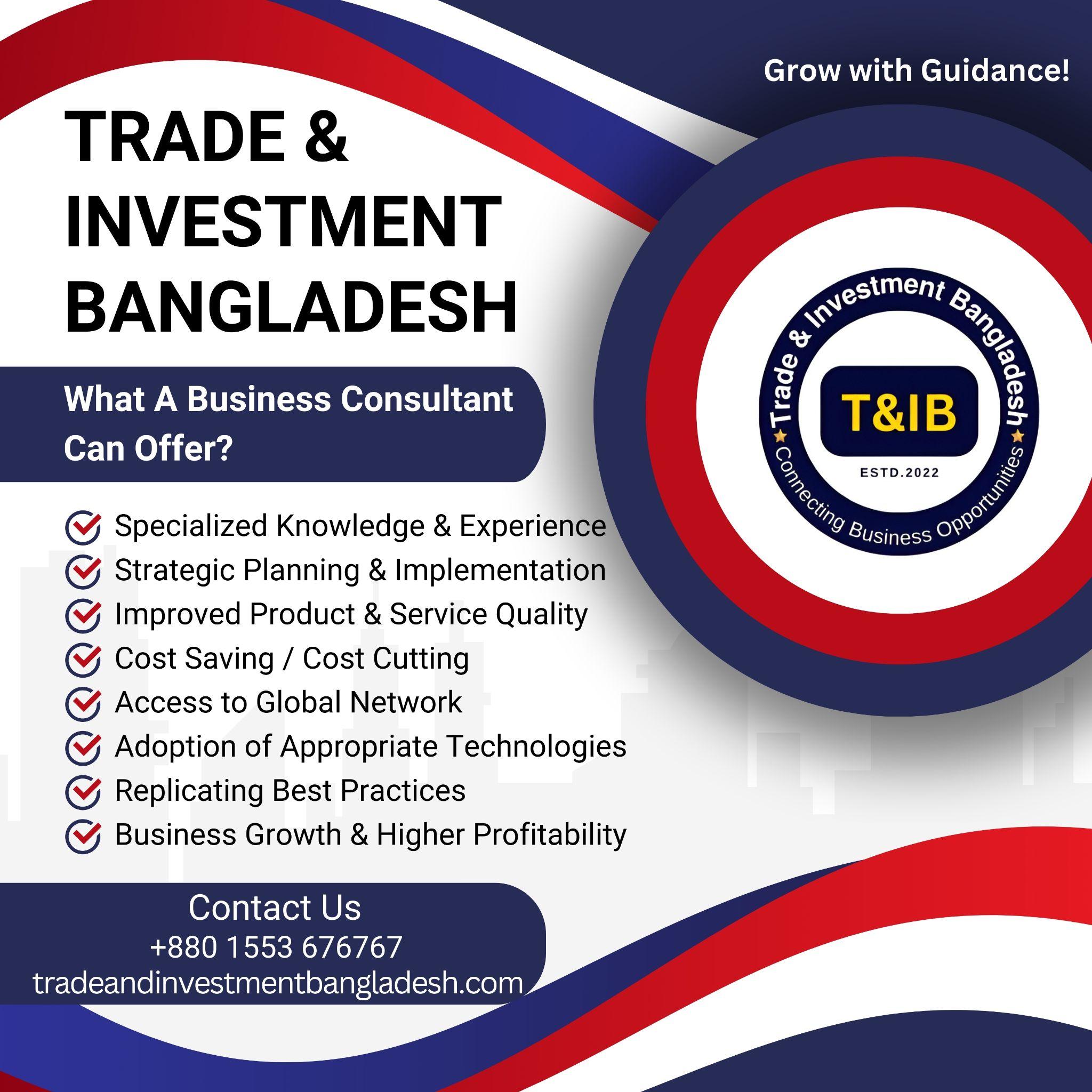
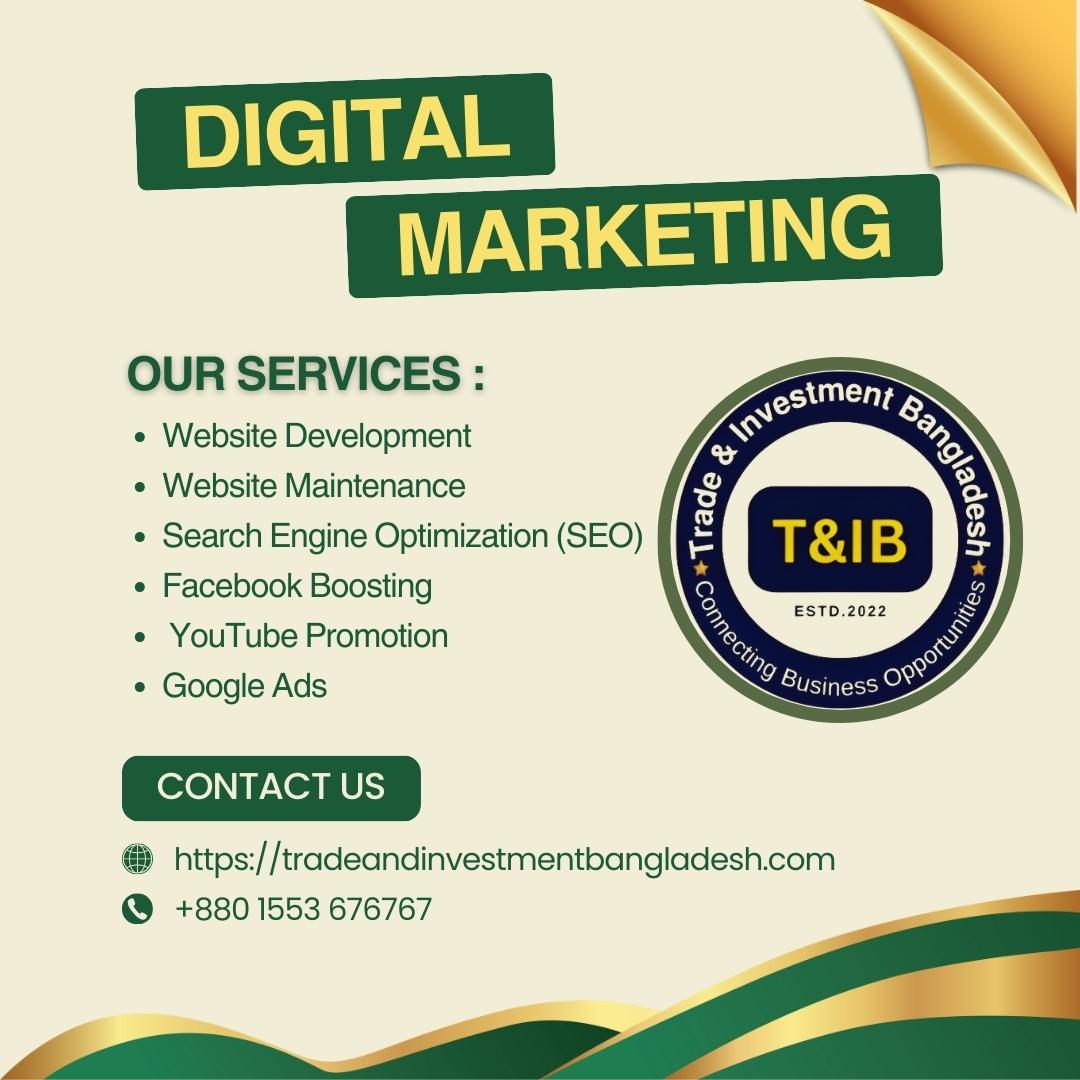
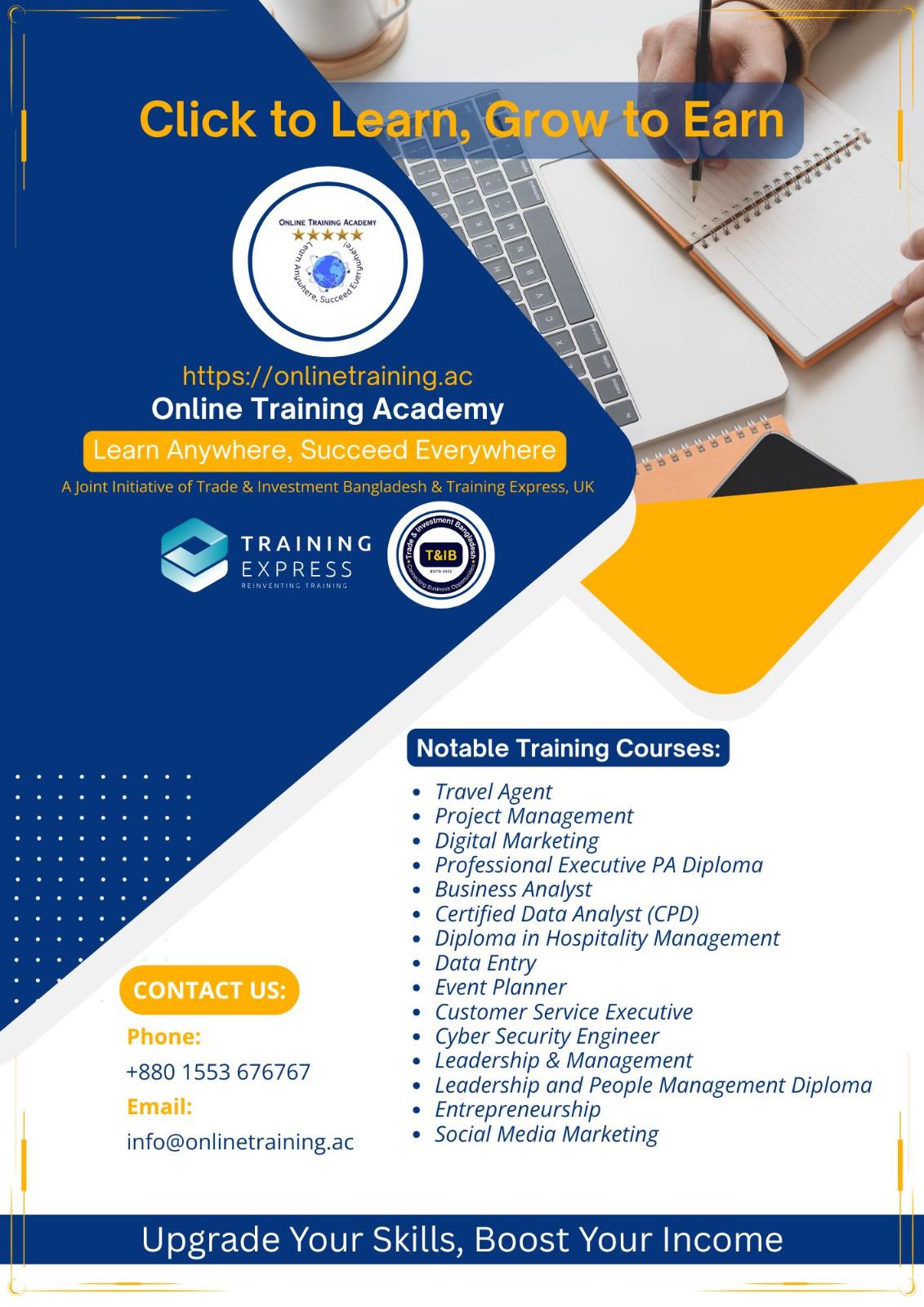
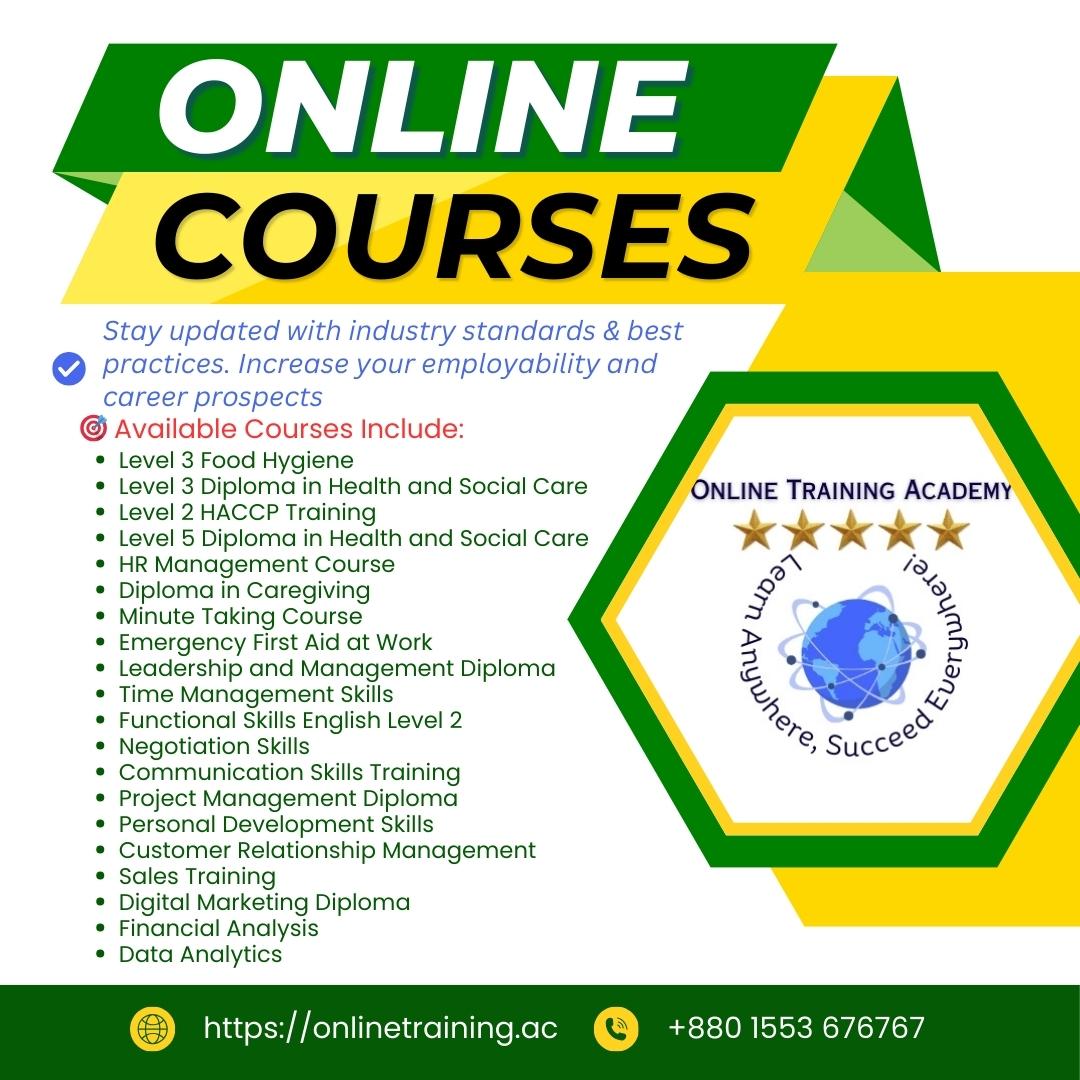
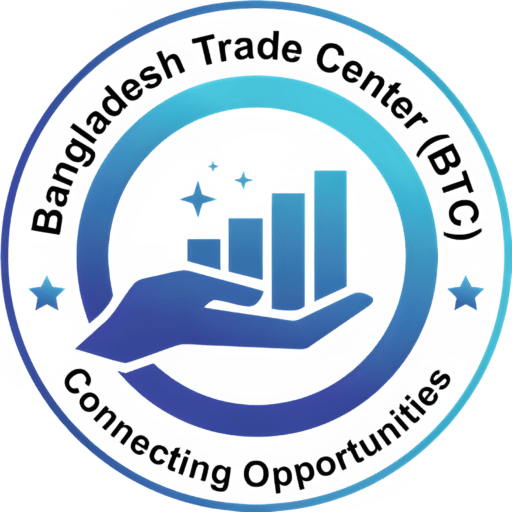


 by
by